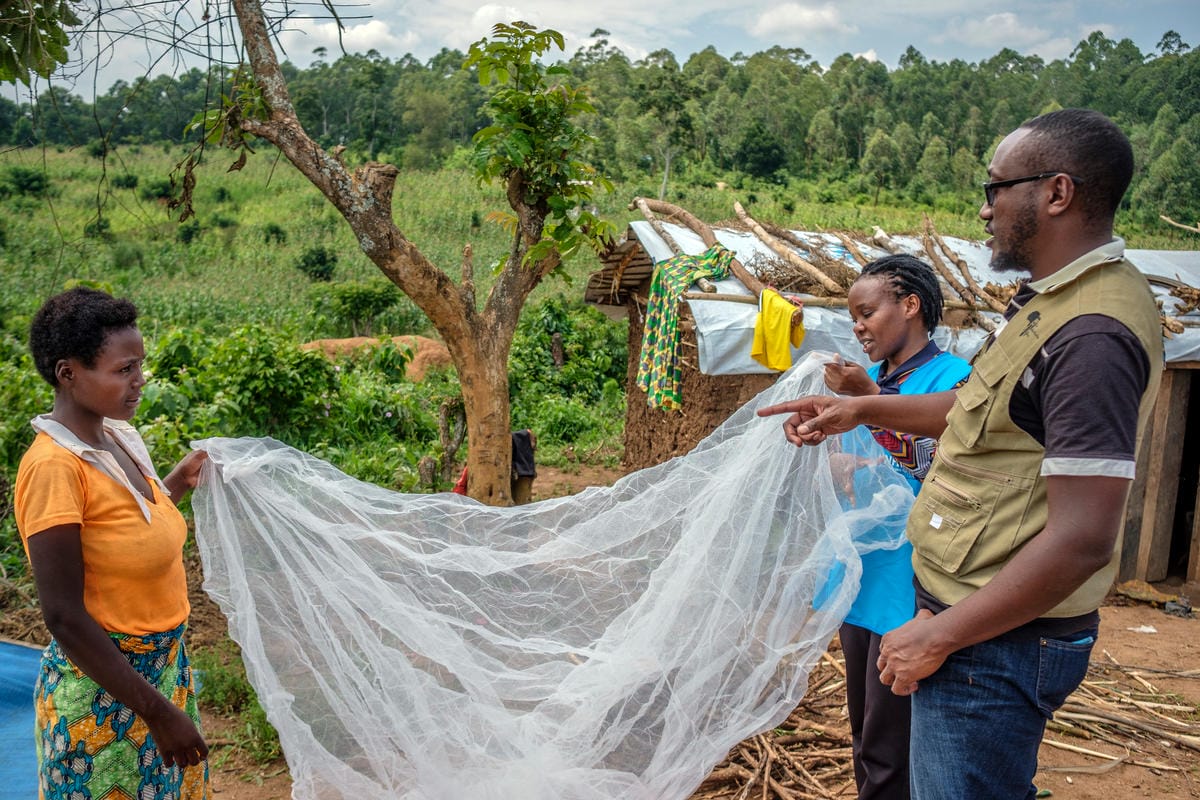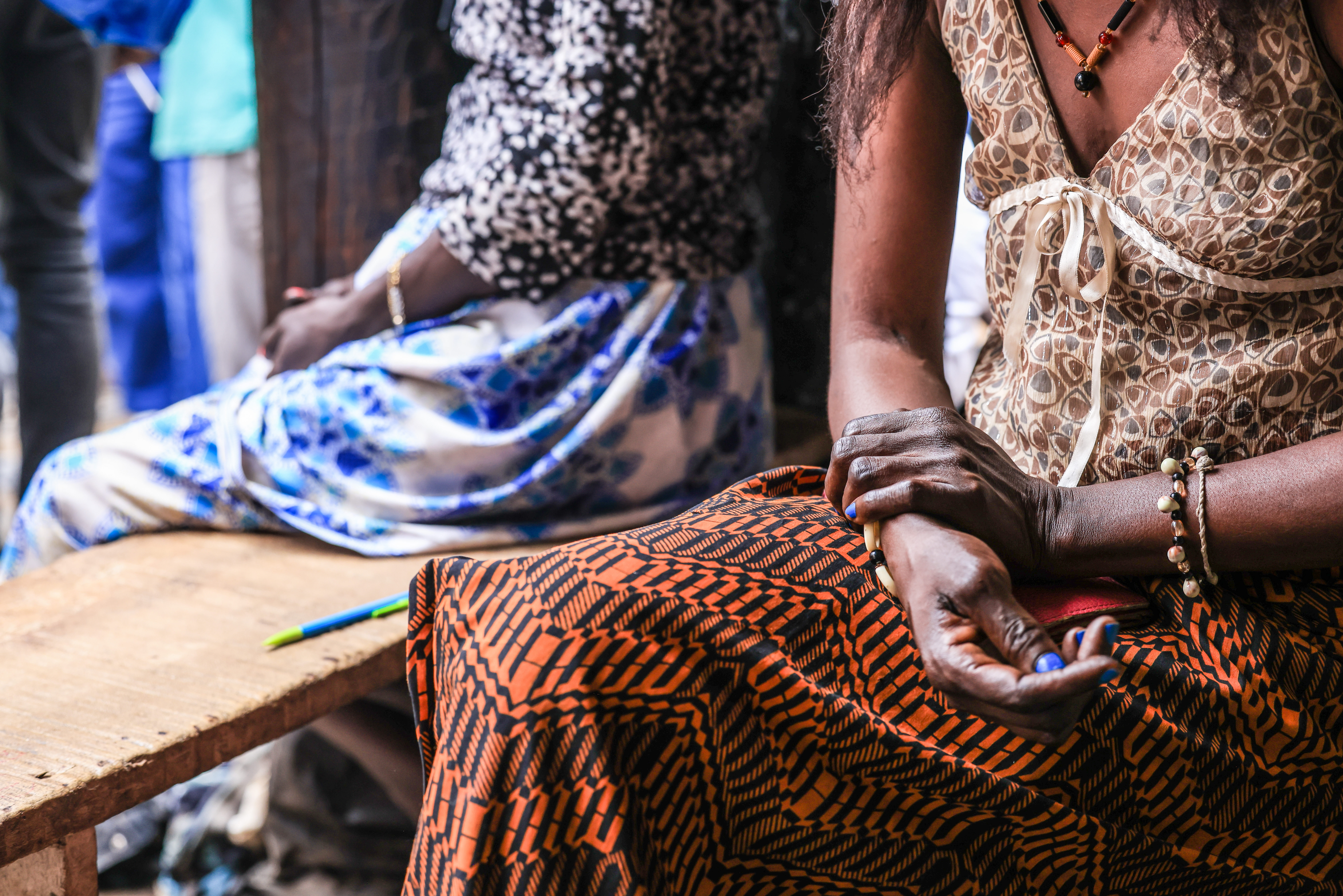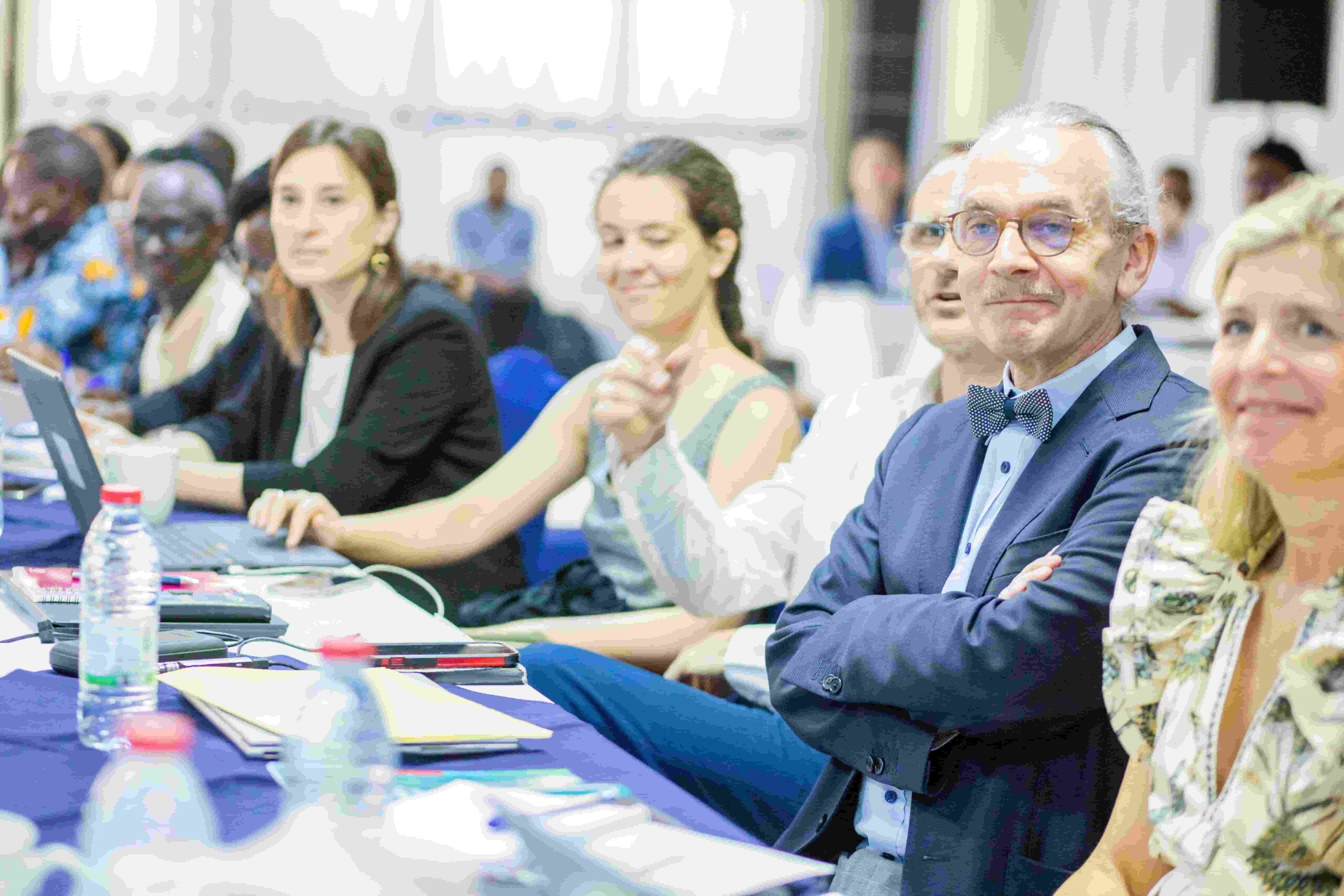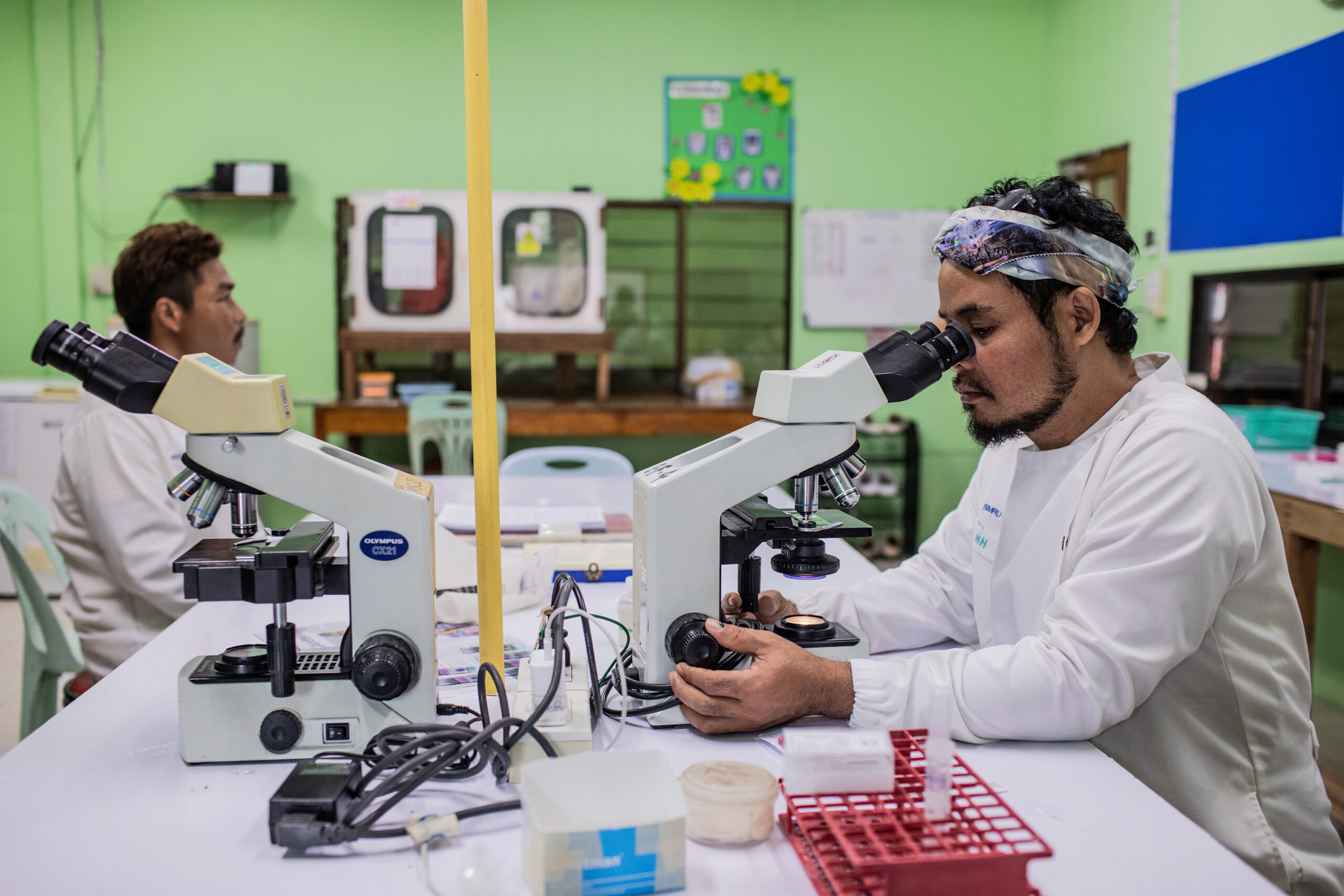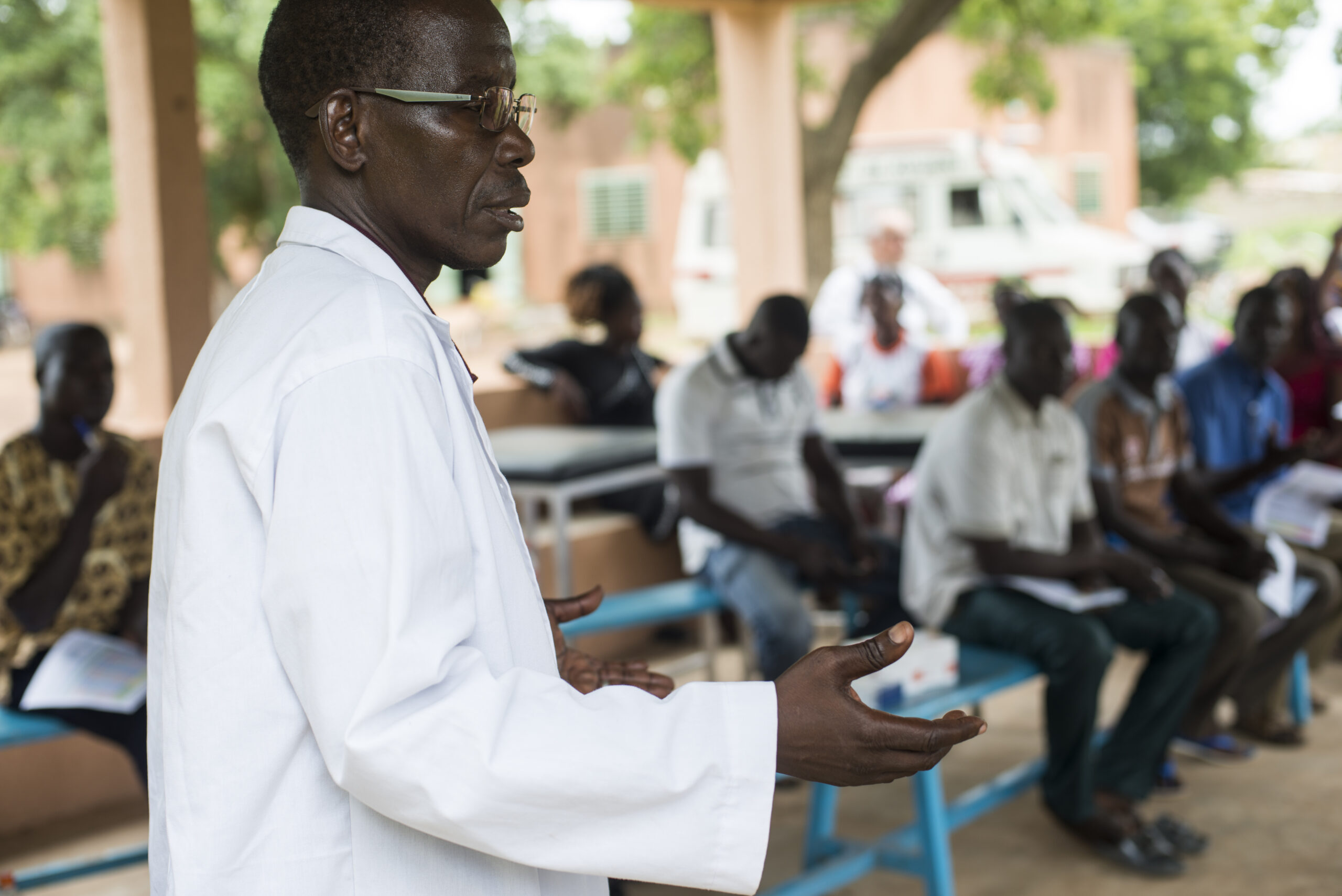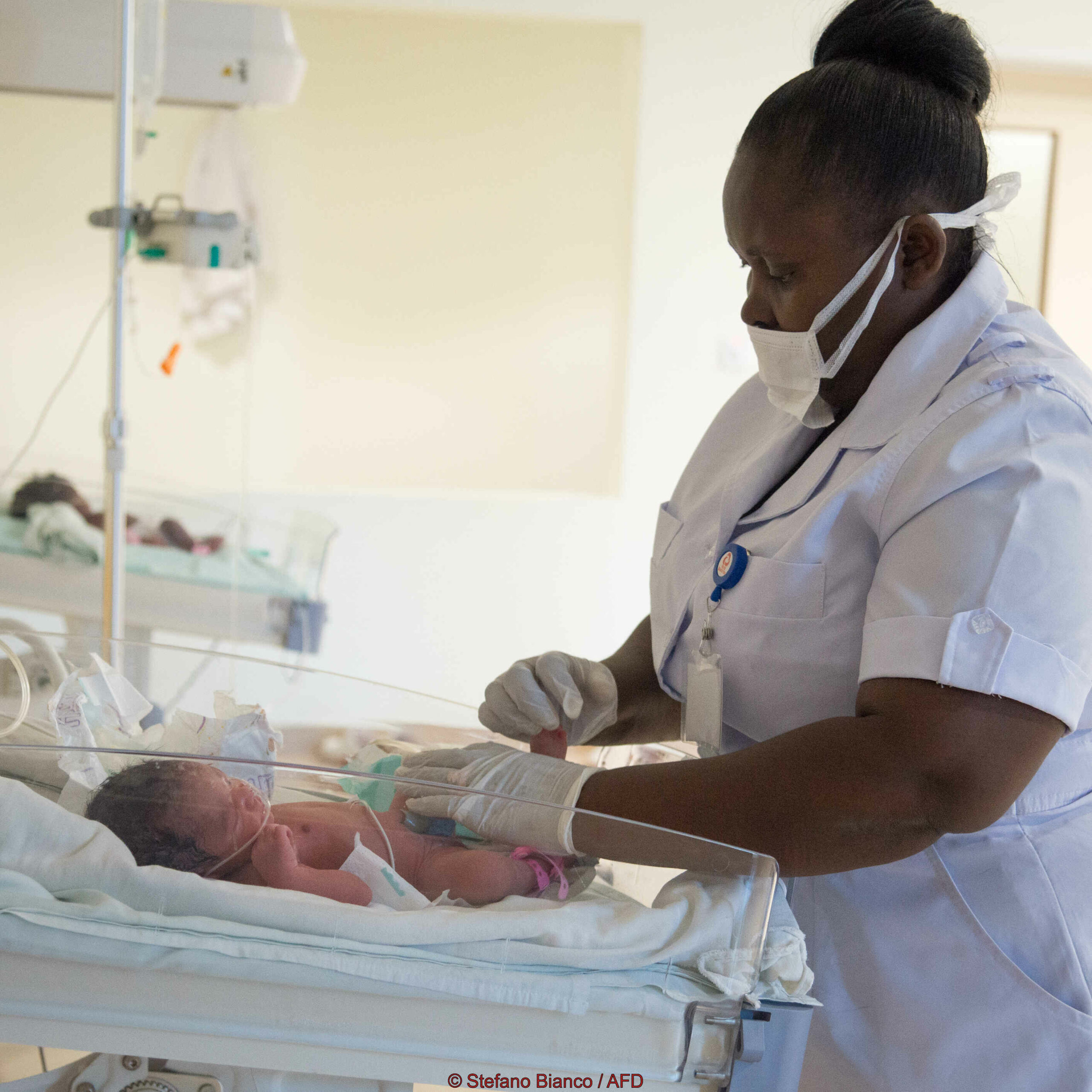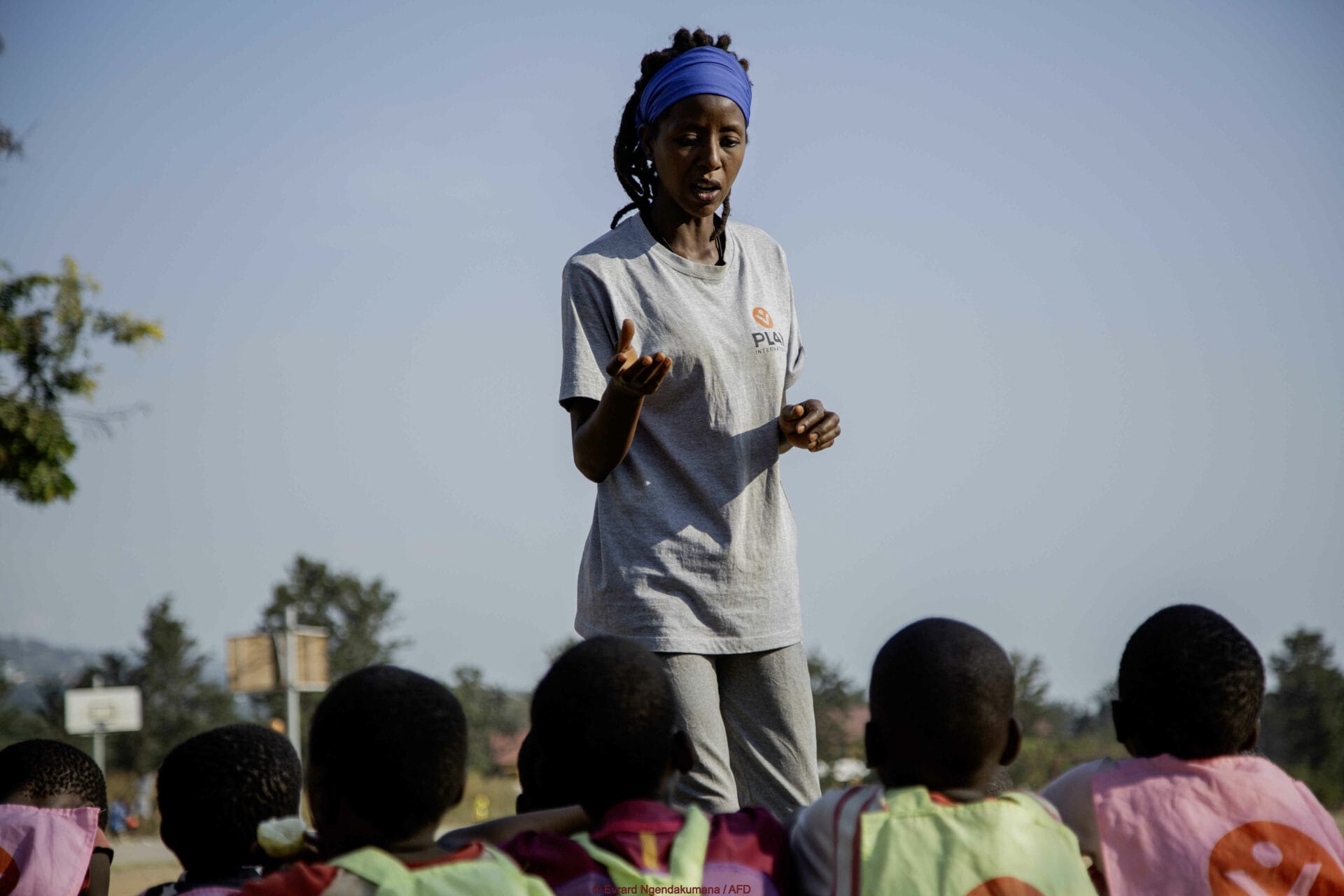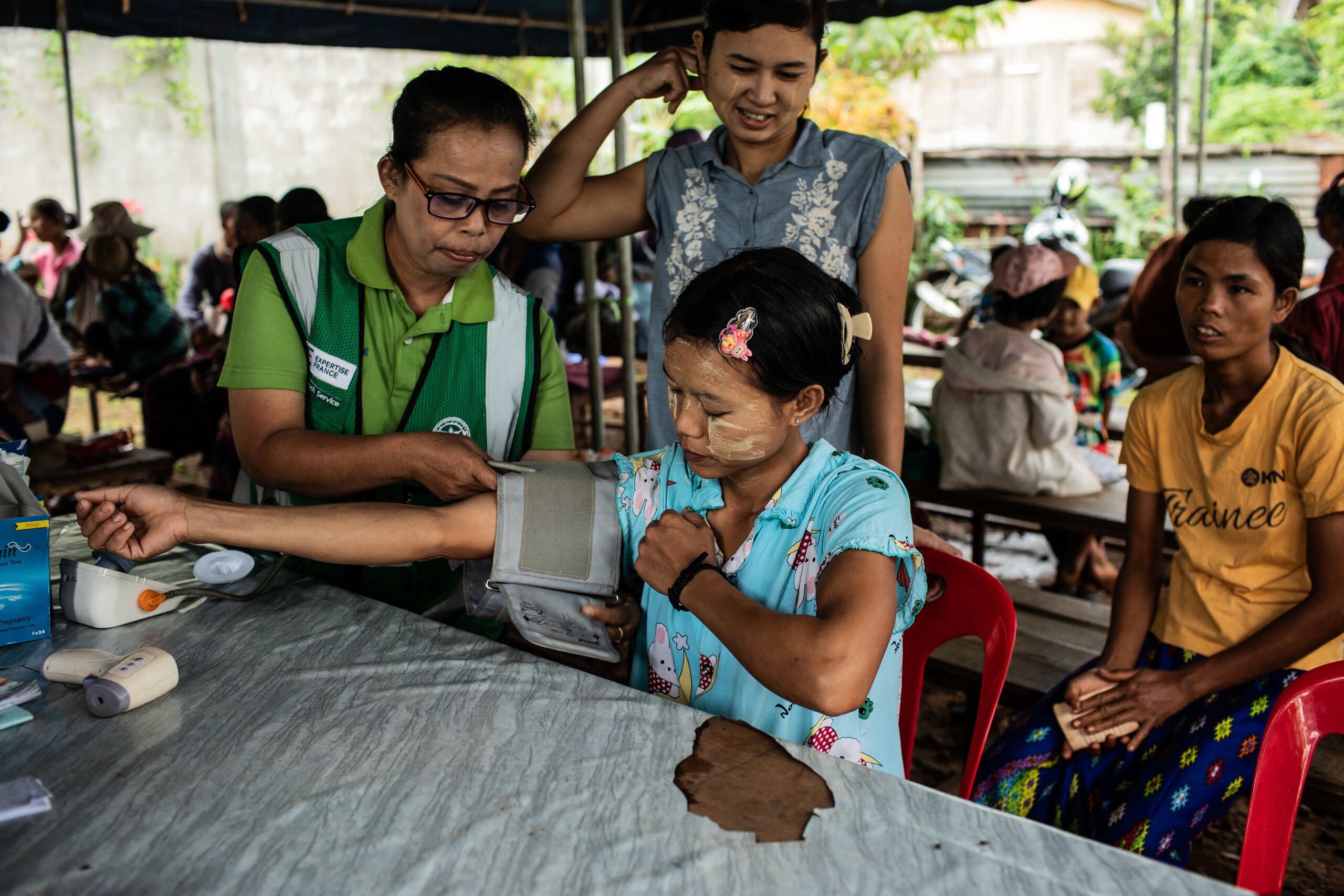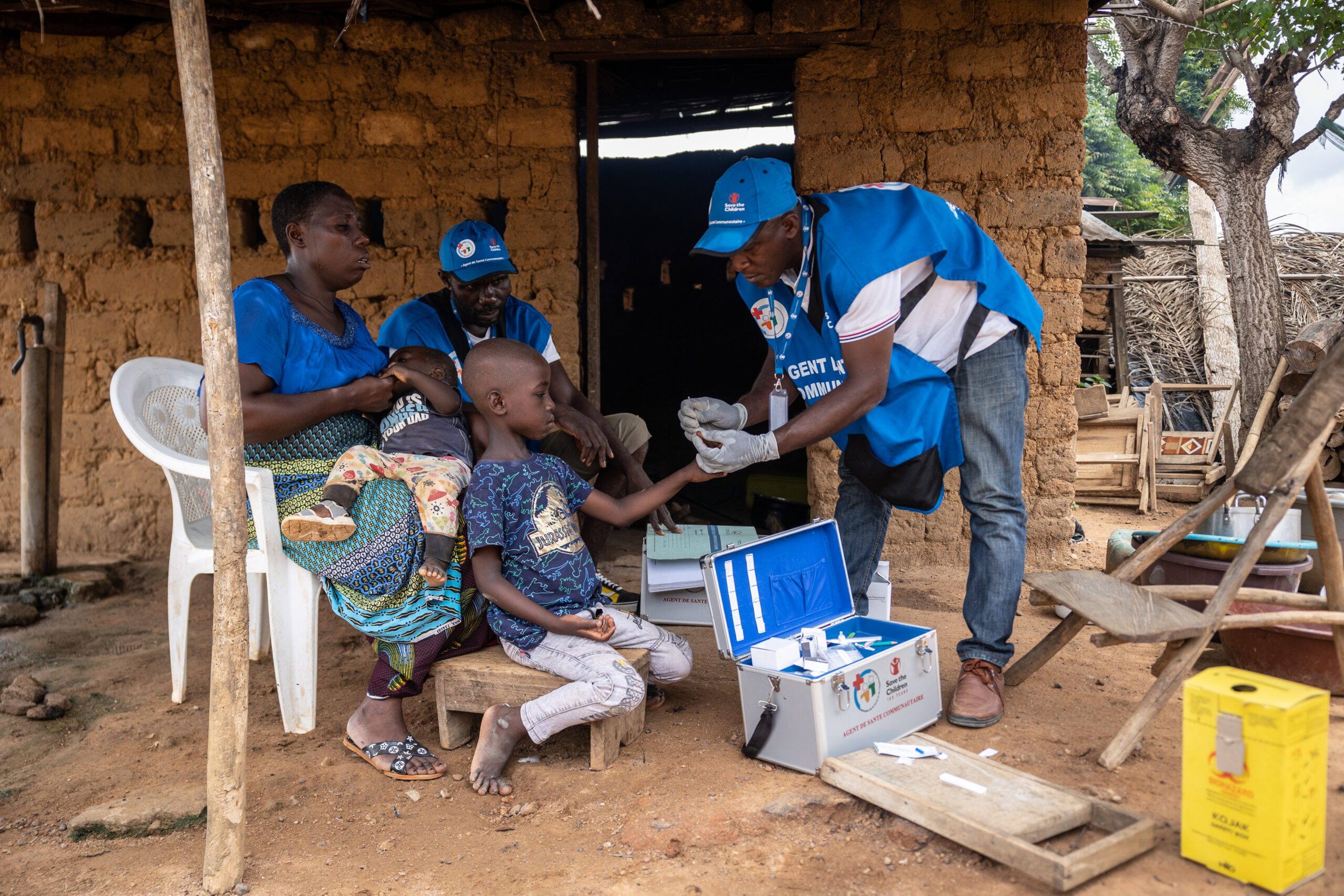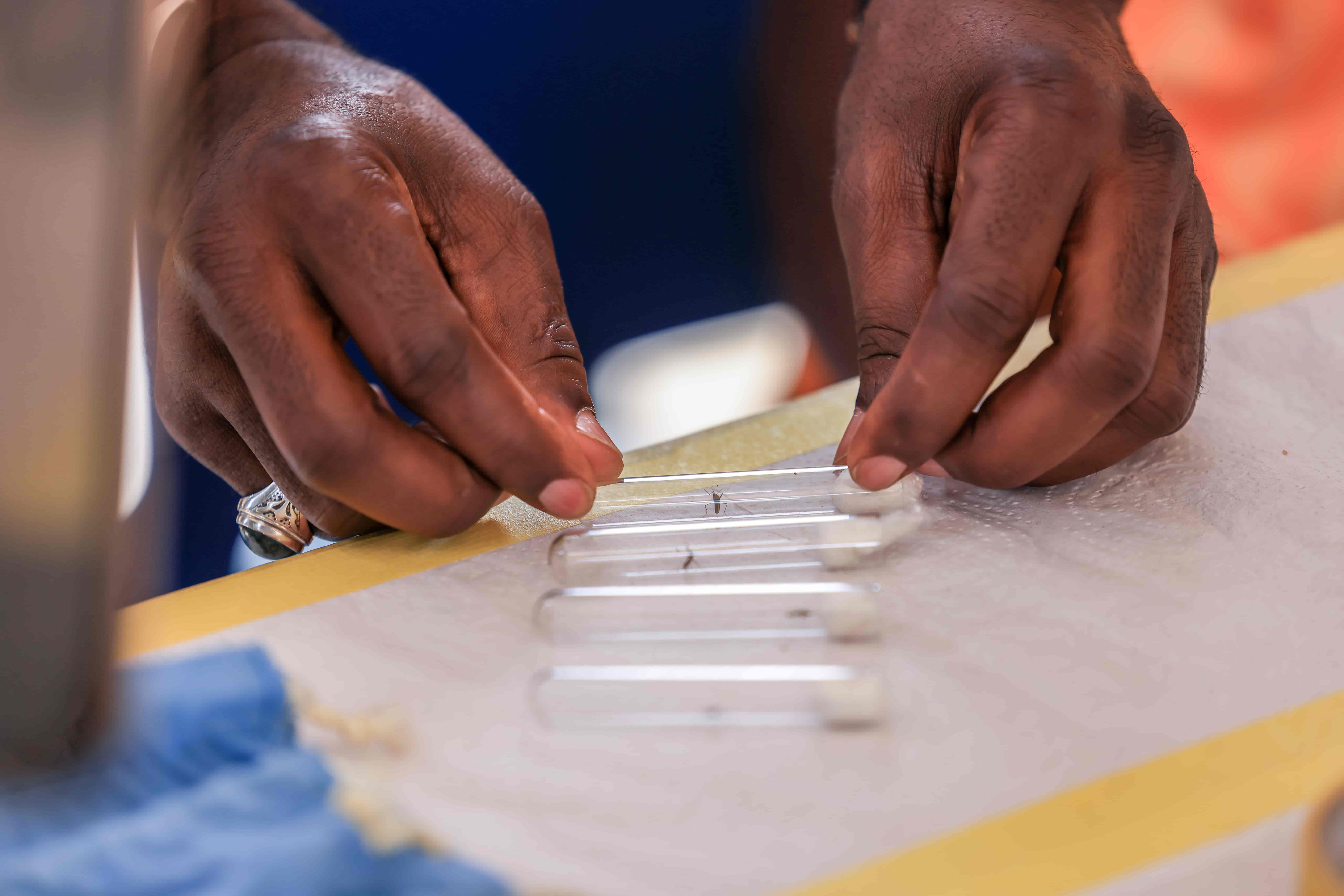Dr Joël Ateba, Permanent Secretary of Cameroon’s National Malaria Control Program (NMCP), looks back on the support provided by L’Initiative in drafting funding requests for the Global Fund’s GC7.
Joël Ateba
Permanent Secretary of Cameroon’s National Malaria Control Program (NMCP)
What is the current epidemiological situation of malaria in Cameroon?
Cameroon is one of the countries most heavily affected by malaria, with almost three million cases a year. The disease accounts for around 28% of all medical consultations and is responsible for 7 deaths per 100,000 inhabitants every year. Although mortality has fallen significantly in recent years, morbidity remains high. We face challenges such as resistance to the insecticides with which mosquito nets are impregnated. This forces us to turn to more expensive solutions. Inadequate diagnosis and classification of cases, and non-compliance with treatment guidelines, are at the root of the abnormally high rate of severe cases reported. This leads to excessive use of costly injectable treatments, with a heavy impact on our pharmaceutical budget.
How important is to partner with the Global Fund, and what is the application process?
The partnership with the Global Fund is vital, literally. It financially supports a large part of our activities in eight of the country’s ten regions: the supply of medicines and other inputs, the acquisition of long-acting insecticide-treated mosquito nets, capacity-building for providers, training, equipment, supervision and management of community health workers.
Applying for funding is the key to accessing subsidies. This process requires the collaboration of many players, including civil society representatives, key populations, experts and the Ministry of Health. We receive support from technical assistance, which facilitates this complex process. The drafting of the request is therefore a collective task, in which each stakeholder contributes to the formulation of a coherent, evidence-based proposal according to an agreed outline, within a known timeframe.
What challenges did you face in preparing Cameroon’s funding application for the new cycle (GC7), and how did L’Initiative support this process?
Preparing for GC7 was particularly complex due to the coincidence of calendars. We had to draw up a new strategic plan in parallel with our funding application-not a first for us, as the strategic plan is usually already validated and implemented.
We therefore had to manage both the drafting of the new plan and the preparation of the funding application for Cameroon, ensuring that the issues and strategic choices were clearly defined and aligned. This simultaneity necessitated an intense evaluation and drafting phase.
Against this backdrop, L’Initiative’s technical support proved essential in helping us draft the funding applications for GC7 and the associated strategic plan. Technical assistance included local and international experts, adapting interventions to local particularities in order to optimize our strategies.
What innovations are to be found in the new strategic plan against malaria of Cameroon?
Our new strategic plan introduces innovations such as malaria vaccination, a prevention strategy, which was not present in the previous plan. This is a significant step forward for us.
We have also considerably improved the layering and targeting of our interventions. Our actions are now specifically adapted to the local realities of each health district. For example, the use of mosquito nets and other preventive measures vary according to the specific context of each region. This targeted approach enables us to optimize the use of our resources and reinforce the effectiveness of our interventions.
Finally, we continue to refine the strategies we have already put in place. This optimization process, which we have reinforced in this new cycle, aims to improve the implementation of existing interventions, including at community level. The aim is to guarantee continuity of services, with particular attention to removing gender and human rights barriers.
What are the prospects regarding the fight against malaria in Cameroon?
In the short term, our aim is to consolidate the decline in malaria-related mortality and morbidity. In the medium term, we aim for sustainable elimination of the disease, based on the strategies set out in our strategic plan and with the continued support of the Global Fund and L’Initiative.
